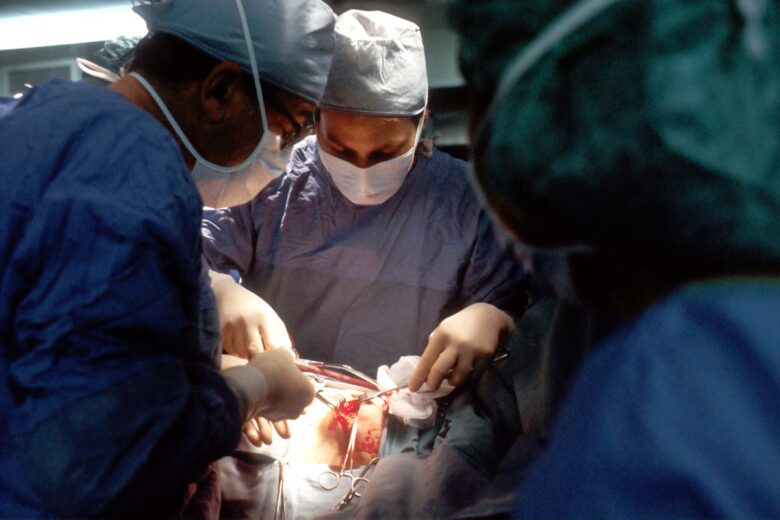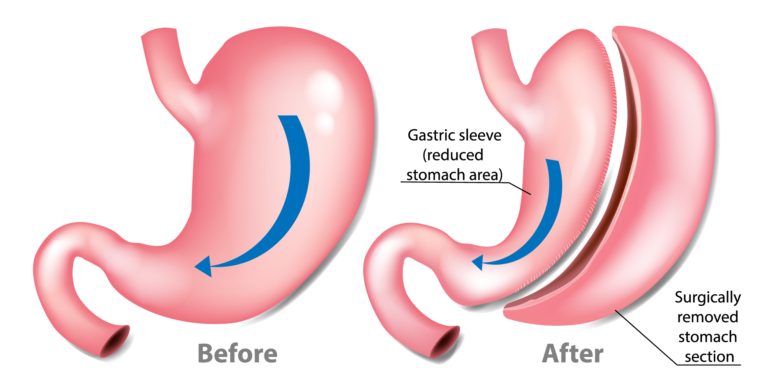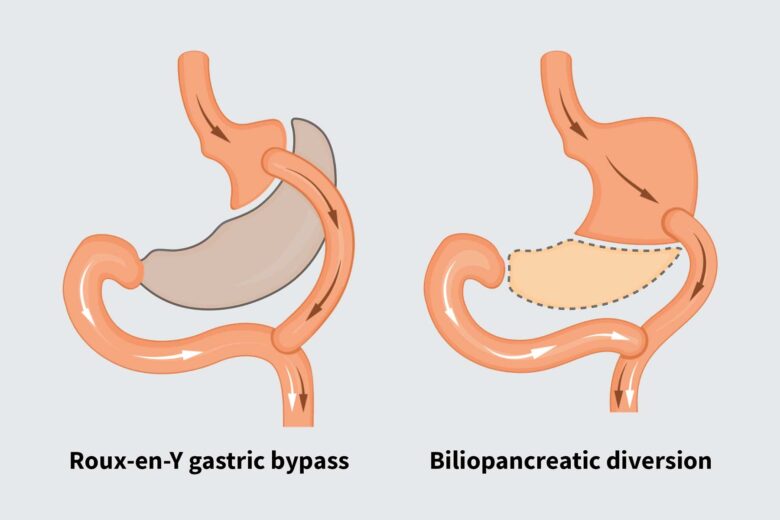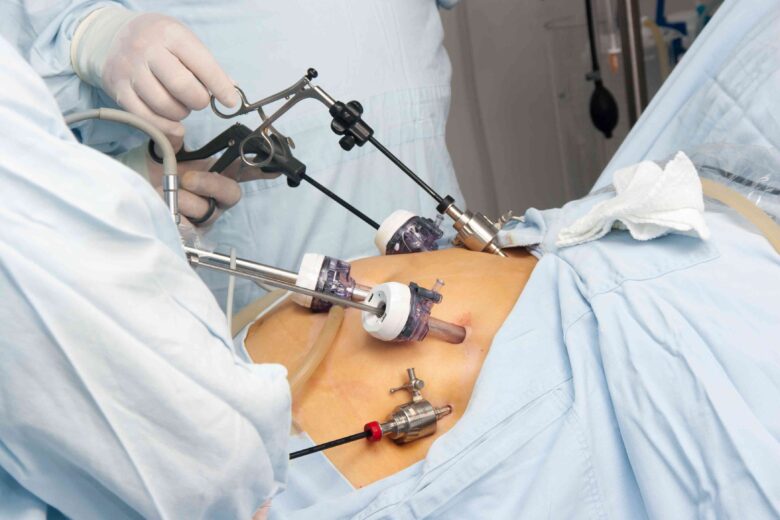Currently, obesity is considered a global epidemic, affecting approximately 650 million adults and 41 million children worldwide, according to World Health Organization (WHO), killing 2.5 million people every year.
More than a problem of self-esteem, morbid obesity contributes to the appearance of more severe health problems, such as:
- Cardiovascular diseases (Heart failure, arrhythmias).
- Diabetes.
- Respiratory difficulties (sleep apnea).
- Joint disorders.
- Obesity predisposes to the development of some types of cancer.
Due to the need to establish medical protocols to treat obesity and its possible complications, bariatric surgery arises, a medical specialty that focuses on surgically modifying the stomach, intestines, or both.
What is bariatric surgery, and when is it indicated?

Source: unsplash.com
They are a set of surgical techniques that allow modifying the gastric capacity or the absorption of food. In this way, there is a loss of weight in the short and medium-term.
However, bariatric surgery is not an option for anyone who is overweight. Despite being harmful to health, it is not the same as obesity and, therefore, being overweight is not enough to opt for surgical treatments.
Surgical treatment is used when it comes to morbid obesity, which prevents the proper functioning of the body or causes severe health complications in the patient.
Types of bariatric surgery
There are different surgical techniques. The most common are:
- Sleeve gastrectomy.
- Roux-en-Y gastric bypass.
- Biliopancreatic diversion with duodenal switch.
- Intragastric balloon.
The choice of surgical technique depends on the patient’s current situation, the complications associated with obesity, predisposing conditions, and, of course, the specialist’s criteria.
However, in most cases, the preferred technique is sleeve gastrectomy or “gastric sleeve” due to the benefits it offers.
What is a gastric sleeve?

Source: oasisbariatrics.com
The gastric sleeve consists of removing 80% of the stomach, reducing the amount of food that can be ingested, and decreasing appetite hormone secretion.
As a result, those who undergo this surgery consume less food and achieve satiety more easily. Added to this, the absorption and metabolization of glucose changes positively.
Gastric sleeve has immediate results, as patients begin to lose weight right after the procedure. It is the most commonly used procedure, as its effects are long-term, and there is little chance that the patient will regain lost weight.
If you plan to undergo this surgery, you must be 100% sure, as the surgery is irreversible. We recommend reading all about the gastric sleeve before making a decision.
Gastric bypass (Roux-en-Y)
Gastric Bypass consists of separating a small part of the stomach creating a “small bag” that reduces the amount of food that can be ingested; this bag connects to the lower part of the small intestine. It also reduces the absorption of nutrients.
This technique makes the person feel full for a longer time since food passes into the intestine more slowly.
Biliopancreatic diversion with duodenal switch

Source: medicine.wustl.edu
Biliopancreatic diversion is unusual since it can present more complications in the medium and long term, such as malnutrition, low blood sugar levels, and ulcers.
This technique is the combination of a gastric sleeve and a gastric bypass.
It is used in patients with very high body mass indexes (over 50) and is only an option after diet and exercise do not work or when the patient’s life is at risk due to being overweight.
Intragastric balloon
It is one of the least invasive options. It doesn’t even require surgery as this is an outpatient procedure.
It consists of introducing a silicone balloon in the stomach; this balloon is filled with saline solution. When expanding, it limits the amount of food that can be ingested and increases satiety.
It is the option with the least complications within bariatric surgery; however, complications are always a possibility like any medical procedure.
Recovery and postoperative care

Source: oncologynurseadvisor.com
Thanks to the laparoscopic technique, postoperative discomfort is considerably reduced. You will feel some pain in the area, but this should go away in a couple of days.
The most relevant aspect is that you carefully follow the doctor’s instructions about your new diet since during the days after surgery, you can only drink liquids.
Then you will feed on purées, and gradually you will be introducing solid foods. Keep in mind that you must adapt to your new digestive system.
Benefits of bariatric surgery
Bariatric surgery’s main benefit is short-term weight loss, which can drastically decrease or even make symptoms associated with obesity go away. Besides, weight loss is prolonged over time, although this does not mean that patients could not gain weight again.
Other benefits of having bariatric surgery include:
- It improved the absorption and metabolization of glucose, which reduces and even cures diabetes.
- Improvement in breathing.
- It lowers blood cholesterol levels.
- Decreased symptoms of cardiovascular diseases such as hypertension and reduced chances of them appearing.
- Decreases the chances of developing some types of cancer.
- Bariatric surgery can be performed with a laparoscopic technique, which reduces risks and promotes recovery by eliminating the need for large incisions in the abdominal area.
Risks of bariatric surgery

Source: verywellhealth.com
As in any surgical intervention, bariatric surgery contains certain risks and complications such as:
- Bleeding.
- Blood clots.
- Infections.
- Adverse reactions to anesthesia.
After surgery, other complications may appear in the medium and long term, such as malnutrition, ulcers, reflux, gallstones, intestinal obstruction, etc.
It is necessary to emphasize that bariatric surgery is not an aesthetic surgery because its purpose is to solve the problems derived from morbid obesity, which represents a severe condition.
Therefore, before undergoing one of these surgeries, a specialist must assess you and decide which of the techniques mentioned above is the right one for you. You must also be willing to modify your habits and lifestyle to maintain the surgery results.
It is possible for someone who has undergone bariatric surgery to regain weight if they do not follow the doctor’s guidelines; however, studies show that most patients maintain their ideal weight in the long term. For this reason, Bariatric surgery is considered the only truly effective treatment in combating morbid obesity in the short, medium, and long term.
Remember: prevention is the best alternative, and a healthy diet accompanied by constant physical activity will make you feel better, and you will enjoy a better quality of life.
If you want to learn even more about this topic visit clinichunter.com.
